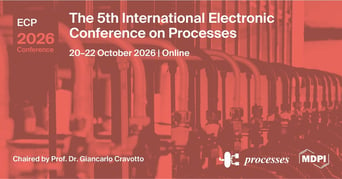- 3.2Impact Factor
- 6.4CiteScore
- 16 daysTime to First Decision
News & Conferences
Latest News & Announcements
Latest Conferences
Propose a Conference Collaboration
Promote and publicise your upcoming conference with MDPI.
All News & Conferences
News & Announcements
Welcoming New Editorial Board Members of Materials Joined in January 2026
12 February 2026
News & Announcements
Materials | Highly Cited Papers in 2024 in the “Advanced and Functional Ceramics and Glasses” Section
11 February 2026
News & Announcements
Materials | Highly Cited Papers in 2024 in the “Green Materials” Section
11 February 2026
News & Announcements
Materials | Highly Cited Papers in 2024 in the “Smart Materials” Section
11 February 2026
News & Announcements
Interview with Ms. Athul Satya—Winner of the IOCM 2025 Best Poster Award
11 February 2026
Partner Conference
3rd International Congress on Materials Science and Engineering 2026 (Materials Europe 2026)
15 - 17 July 2026
News & Announcements
Interview with Mr. Pietro Tordi—Winner of the IOCM 2025 Best Oral Presentation Awards
6 February 2026
News & Announcements
Acknowledgment to the Reviewers of Materials in 2025
4 February 2026
MDPI Conference
The 5th International Electronic Conference on Processes
20 - 22 October 2026
News & Announcements
MDPI INSIGHTS: The CEO's Letter #31 - MDPI 30 Years, 500 Journals, UK Summit, Z-Forum Conference, APE
2 February 2026
Partner Conference
International Symposium on Physics of Materials (ISPMA2026)
6 - 10 September 2026
News & Announcements
Materials | Interview with the Newsletter Author—Prof. Dr. Jean-Marc Tulliani
28 January 2026
of 50










